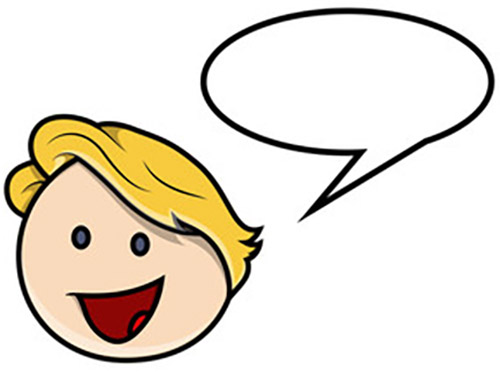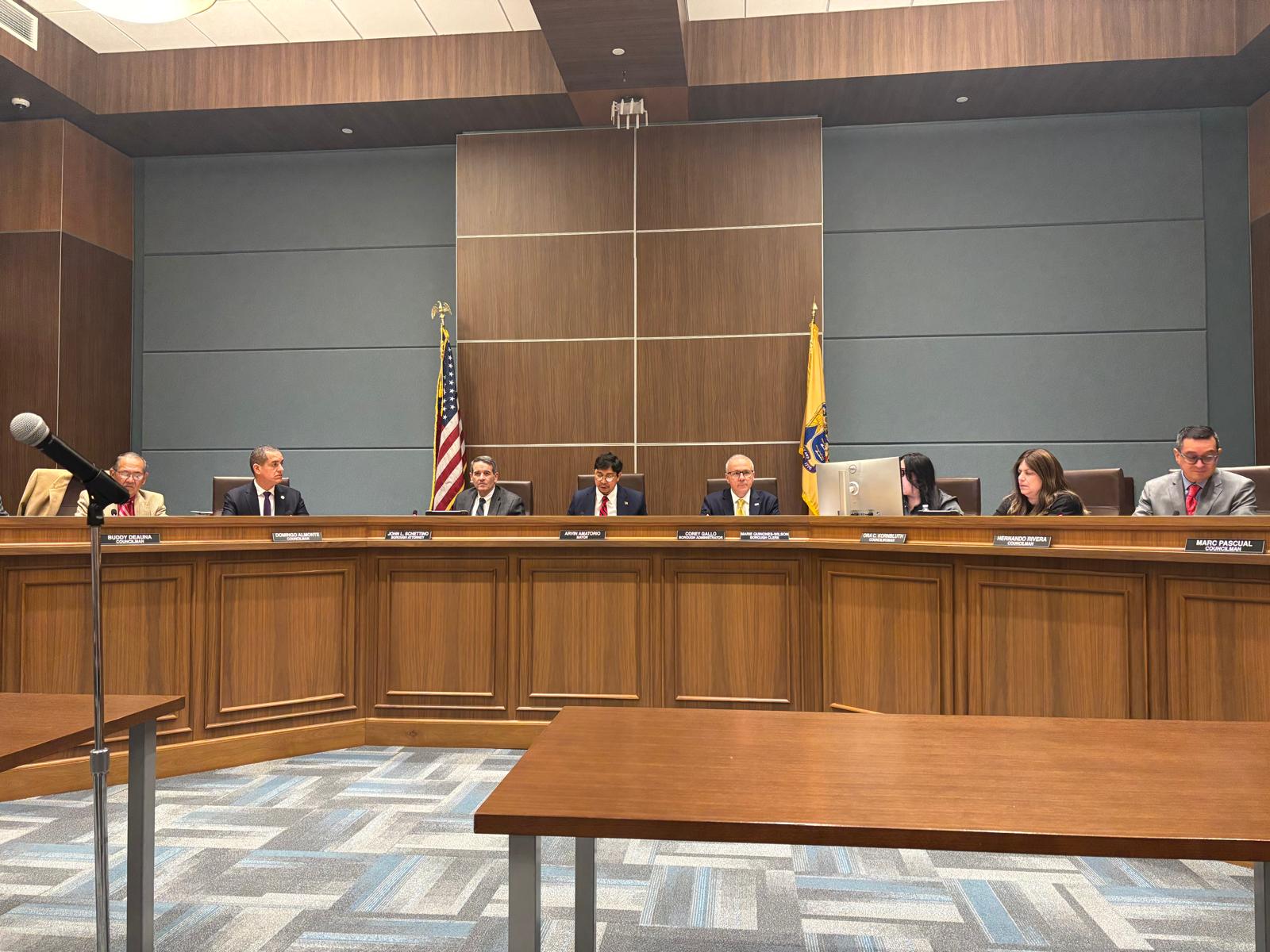
I have seen the amazing results that speech therapy delivers for children. I see children gaining confidence in their reading ability as their reading levels climb and they begin to enjoy reading. I see children gaining confidence to speak up in class as they become more intelligible when producing their sounds. I see adolescents feeling they can form stronger friendships as they sharpen their social skills. I see children managing their own stutters and educating their peers on the facts about stuttering. Often in my career I am asked by parents when they should start therapy for their children who are struggling with articulation, stuttering, reading, language and social communication. And the answer, based on the results I have experienced, is almost always, the earlier the better.
For children who are exhibiting signs of stuttering, according to the Stuttering Foundation, “if the stuttering persists beyond three to six months or is particularly severe, you may want to seek help from a speech-language pathologist. Additionally, if your child stutters on more than 10% of his speech, stutters with considerable effort and tension or avoids stuttering by changing words and using extra sounds to get started, they will profit from having therapy with a specialist in stuttering.”
For children who are struggling with their language, between the ages of 2-4 is the point at which it becomes clear whether or not the child is having speaking difficulties. A key sign is if they still have a very limited vocabulary and are not stringing multiple words together. Low levels of interaction are another sign, and can come in many forms, such as not pointing at pictures when asked, not answering questions (or answering by repeating the words in the question), using the wrong words frequently, and not understanding instructions or information such as “Look over there” or “Your friend is here.” And while mispronunciation is still normal, two common signs of speech problems are mispronouncing vowels and rarely using consonants.
For children who are struggling with articulation, many people focus on the age the sounds should be mastered and therefore wait until age seven to begin speech therapy. In my professional practice, I guide parents by asking whether by the time their child is three years of age they are 75% intelligible in conversations. I find that sounds that are mastered on their own without requiring intervention appear before a child begins kindergarten. While some sounds are easier to master, such as reducing an interdental lisp, where a child is producing /s/ and /z/ as /th/. A lateral lisp, where a child is producing /s/ with the air escaping from the sides of his/her tongue from an early age, would require intervention, and there is no need to wait to see if the sound will improve.
The area of intervention that requires the earliest intervention upon onset of struggle is reading. There is a saying that I constantly see when it comes to reading and that is the Mathewson effect “The rich get richer, and the poor get poorer.” The reading gap grows very quickly when children are struggling to read, which is why it is so important to identify if your child needs reading intervention. At the point when a child begins kindergarten, the focus becomes learning to read in order to read to learn. The right type of reading intervention for your child is so crucial and will affect their long-term quality of life. Contrary to long-held beliefs, dyslexia is not a matter of seeing letters backwards, nor is it a reflection of intelligence. Decades of research and academic studies have shown that dyslexia is a brain-based condition that makes learning to read and write unexpectedly difficult for millions of individuals around the world. Research and instructional experience have clearly proven that individuals with mild, moderate and even severe dyslexia can successfully learn to read and write through intensive multisensory structured language instruction provided by a skilled educator. Medical and academic studies show that early childhood is the ideal time to identify dyslexia and begin reading intervention.
Lastly, people who struggle with social communication may struggle to build social relationships with other people. It is also important academically, as many curriculum-based activities rely on working in groups and communication between peers. If left untreated, social communication can lead to a struggle in making new friends, maintaining friendships with peers, engaging appropriately with unfamiliar individuals (e.g. shop owner) and with professionals you need to see for appointments (e.g. doctor, dentist), being perceived as “rude” by others and interacting with colleagues in the work environment.
It can be worrying if it seems as though your child is not developing at the expected pace, but it is crucial not to live in denial. There are countless reasons a child’s development may be slower than usual, and many of these will not impact on their quality of life in the long term. It is always best to address any potential issues as soon as possible, so if you suspect your child may be having difficulty, play it safe and seek professional advice.
Ashley Small is a proudly practicing speech-language pathologist licensed in New Jersey and New York. She works for the Department of Education where she treasures her role as a therapist helping children reach academic success and educating parents about the laws regarding special education. In addition, she has a private practice where she works with a variety of children with articulation disorders, apraxia, autism, language difficulties, reading disorders, stuttering and other health impairments as well as adults with Parkinson’s disease. Ashley is currently offering virtual speech sessions. Contact: ashleysmallslp.com, (973) 486 4122, [email protected]













